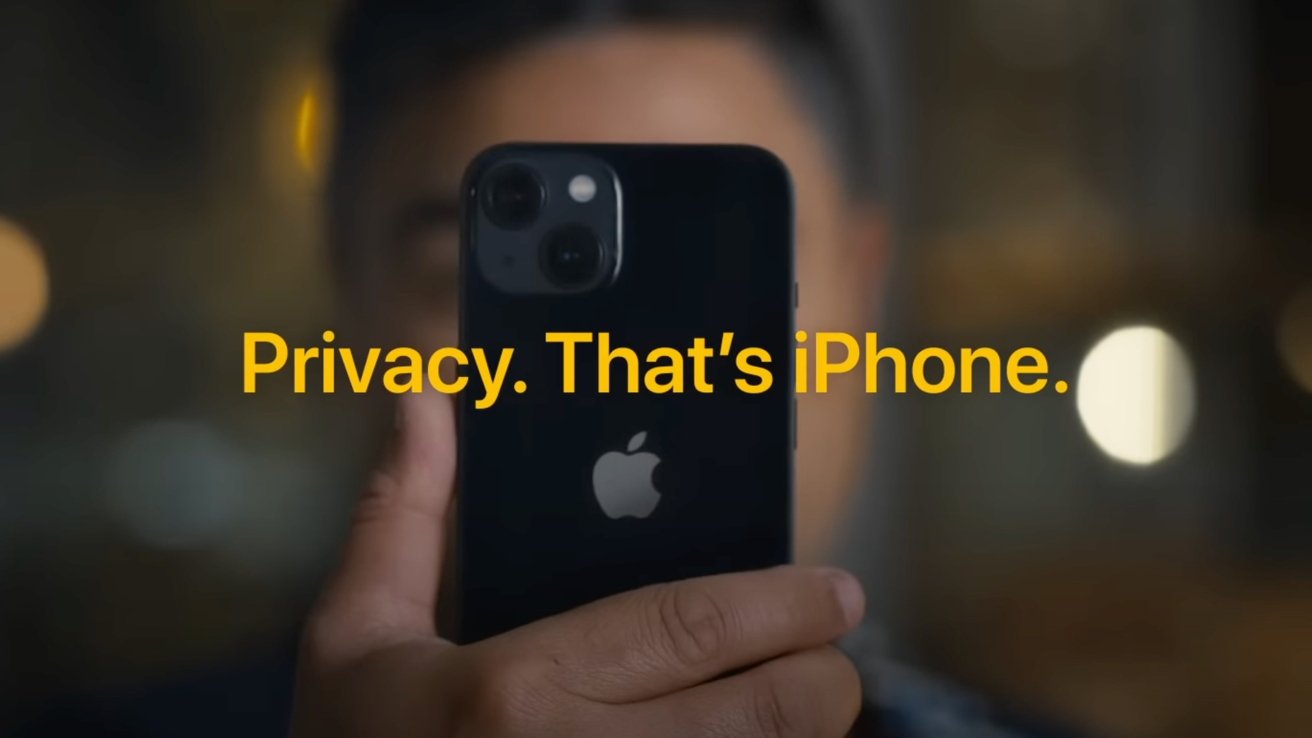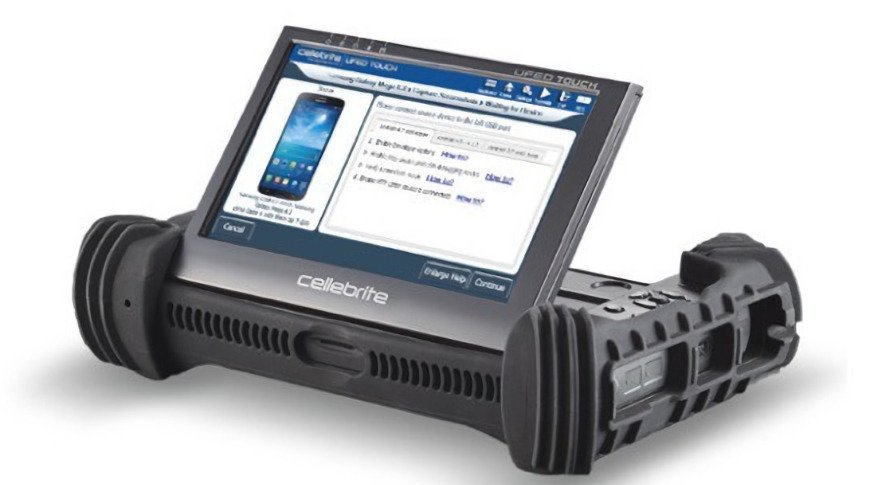Former President Donald Trump would-be assassin’s locked phone is in FBI custody. Stand by for the next attack on encryption, privacy, and security.
The manufacturer of the shooter’s phone is unknown. It could be Apple, Google, Samsung, or any of the multitude of other OEMs out there.
Given that the shooter is in the US, it’s more than 50/50 that it’s an iPhone.
However, one thing is certain — encryption will be the problem. According to a report from The New York Times, the FBI obtained the shooter’s phone and failed to gain access to it.
If any of this sounds familiar, it’s because the FBI and its war on consumer encryption rears its head any time tragic events involve national security and smartphone security. While we can’t predict the future, it seems almost certain that the FBI will utilize the tragedy and urgency of the situation to compel tech companies to do the impossible — break encryption enough to help the good guys while thwarting the bad guys.
That is not how encryption works.
Either a device is fully encrypted, or it isn’t. There isn’t some magical in-between space that lets cops solve crimes while keeping bad guys from committing crimes. It’s like asking for a gun that only kills criminals.
Despite the impossible nature of a good guy back door, the FBI has requested one again and again, particularly from Apple. Like with the San Bernardino shooting and Pensacola shooting.
Another pattern from those events is one that the FBI isn’t keen on the public knowing. The FBI unlocked those devices without Apple’s help by buying hacking mechanisms from foreign entities, likely Cellebrite’s tools.
If Apple is compelled to hand over data, it only has so much information available. Average users will have data stored in iCloud like Mail, text messages, or even iMessages depending on your settings.
If the user has Advanced Data Protection turned on, the data set is even more limited. The FBI would be able to get almost nothing from Apple.
So, we all must stand by and wait to see if the FBI cries encryption again in light of the attempted assassination and locked smartphone. Or see if they do the smart thing and work with the smartphone makers from the start or ultimately pay for a hacking tool without asking to ruin consumer encryption.
Given the former President’s previous stance on encryption, legislation could pass under a future administration forcing Apple and others to compromise their devices for the sake of the good guys. The issue continues to be perilous, and while it isn’t the most important thing on the ballot in the fall, realize that personal privacy and security could be decided by how you vote in the 2024 election.






